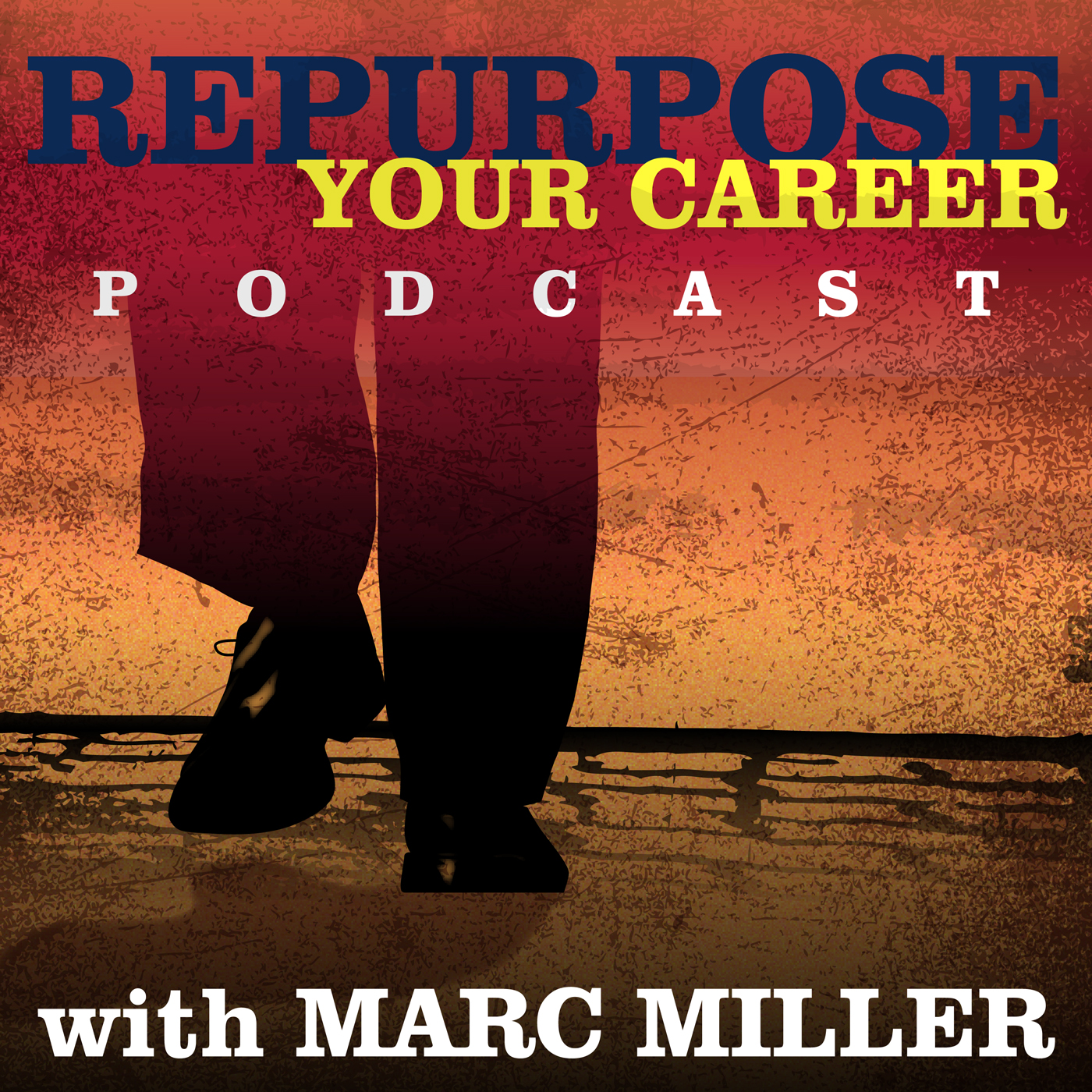The Resumé Advice You Need to Know

There are several reasons you may have taken a career break, whether that was to look after an elderly parent, look after children or because you were let go from another position.
Whatever your reason, it can feel daunting when you decide you’re finally ready to return to the workplace.
You might be concerned about what recruiters will think of the gaps in your resumé or feel stressed about how you should explain the gap in your career history.
But fear not – just because you took some time out, doesn’t mean you can’t get back on the career ladder! We’ve pulled together our top advice for writing a killer resumé that will get you back to the workplace in no time:
Choose the right format
The first thing you need to do is to choose the best possible resumé format. Because you’re returning to work after unemployment, this might differ slightly from the traditional resumé layout.
You should start as normal, by listing your contact details and creating a short professional profile.
You don’t need to mention in your profile that you’ve been on a break from your career – you can do this later. Instead, list your key skills, qualifications, and information about what you achieved in your previous roles. Make it short and snappy, so it grabs the hiring manager’s attention and encourages them to keep reading.
Then, continue with a core skills section, including any transferable skills you might have gained in your career break. Usually, this would be a rather short section, but after a career break, it can be helpful to place more of your focus here.
Next, move on to your employment history – this is where you will address the career gap.
Finally, you can finish off with your education section and your hobbies and interests, if you have space and feel these are relevant.
Head up your employment history
Before you begin listing your previous jobs, you should head up this section with a short explanation about why you’ve been unemployed.
This doesn’t need to be too long – just a sentence or two does the job. In fact, it’s better to keep it brief, so that the employer doesn’t spend time dwelling on it.
For example: ‘I’ve dedicated the last year caring for a sick relative. Their health has now improved and I’m eager to re-join the workforce and excel in my career.’
Then, move straight into the rest of your career history. Instead of merely listing your duties and responsibilities, focus on pinpointing results and achievements made in past roles and showcasing how you have added value to previous employers.
Honesty is the best policy
Whatever you do, do not lie about your career break. Honesty is always the best policy.
If you lie about your experience and are asked about it in an interview, you could find yourself tangled in a web of lies – and that’s a one-way ticket to rejection!
Remember, everyone has their reasons for taking some time out – and you also have the right to do so.
So, don’t be ashamed of your career break. Embrace it, put a positive spin on it and focus on showing employers what you have to offer moving forward.
Put a positive spin on things
Whether you were caring for a family member or just carefully planning your next move after being let go, there is always a way you can put a positive spin on your career break.
Were you caring for a loved one? Perhaps this taught you valuable transferable skills such as patience, compassion, and empathy – which are highly valuable in the education, care, and not-for-profit sectors.
Or, perhaps your time out allowed you to focus on your own projects or take an online course? Maybe you took the opportunity to take on some volunteer work?
You can find a way to include these positive outcomes when explaining your unemployment; proving to the employer that your career break was not a bad thing and that you continued to learn and grow your skills.
If you haven’t had a chance to upskill yet, why not start now? There are plenty of online courses available, relating to almost every career path. Have a browse, pick something relevant, get studying and then add your new-found knowledge to your resumé.
Are you ready to get back to work?
Returning to work and getting your job searching mojo back after a career break can feel daunting, but don’t let it stop you from reaching your goals.
Follow the advice above to help you craft a strong resumé that will have you back in the workplace before you know it.
This post was written by Andrew Fennell. Andrew is the writer for Assignyourwriter and founder of CV writing advice website StandOut CV – he is a former recruitment consultant and contributes career advice to websites like Business Insider, The Guardian, and Fast Company.
Like What Your Read? Get Career Pivot Insights
Do You Need Help With ...

Check out our Help Center where you have access to 14 different content portals.




Andrew, would have liked to see a straw man of this. I’ve woven this into the experience section based on other professionals advice.
I was glad you mentioned the case of continued unemployment. I wish you would have led with this and showed a solid example. The care for the sick and raising kids are well accepted in the hiring community but are overly cherry picked in articles for examples of what to say. Focus on the difficult case. Readers will appreciate that.